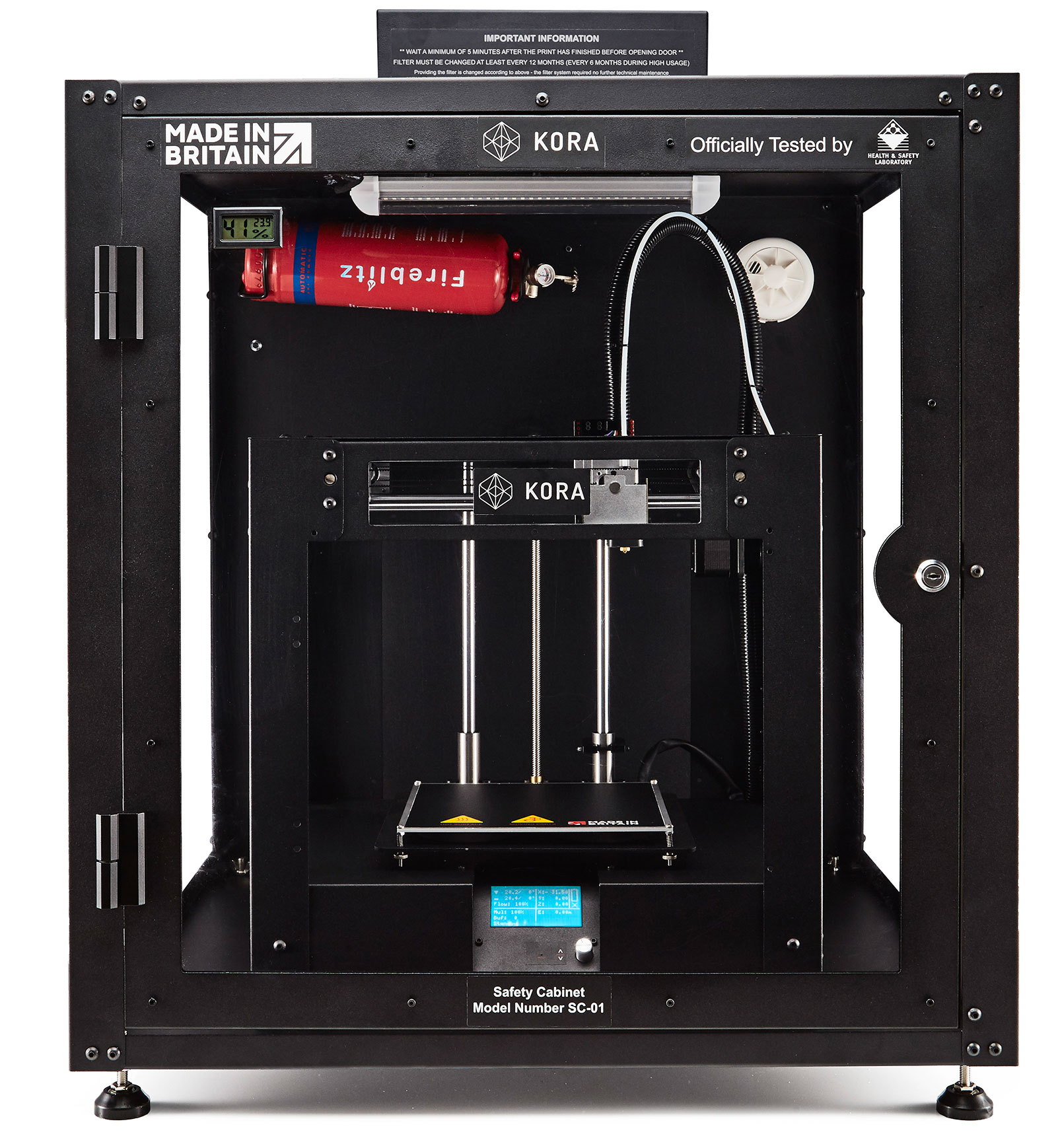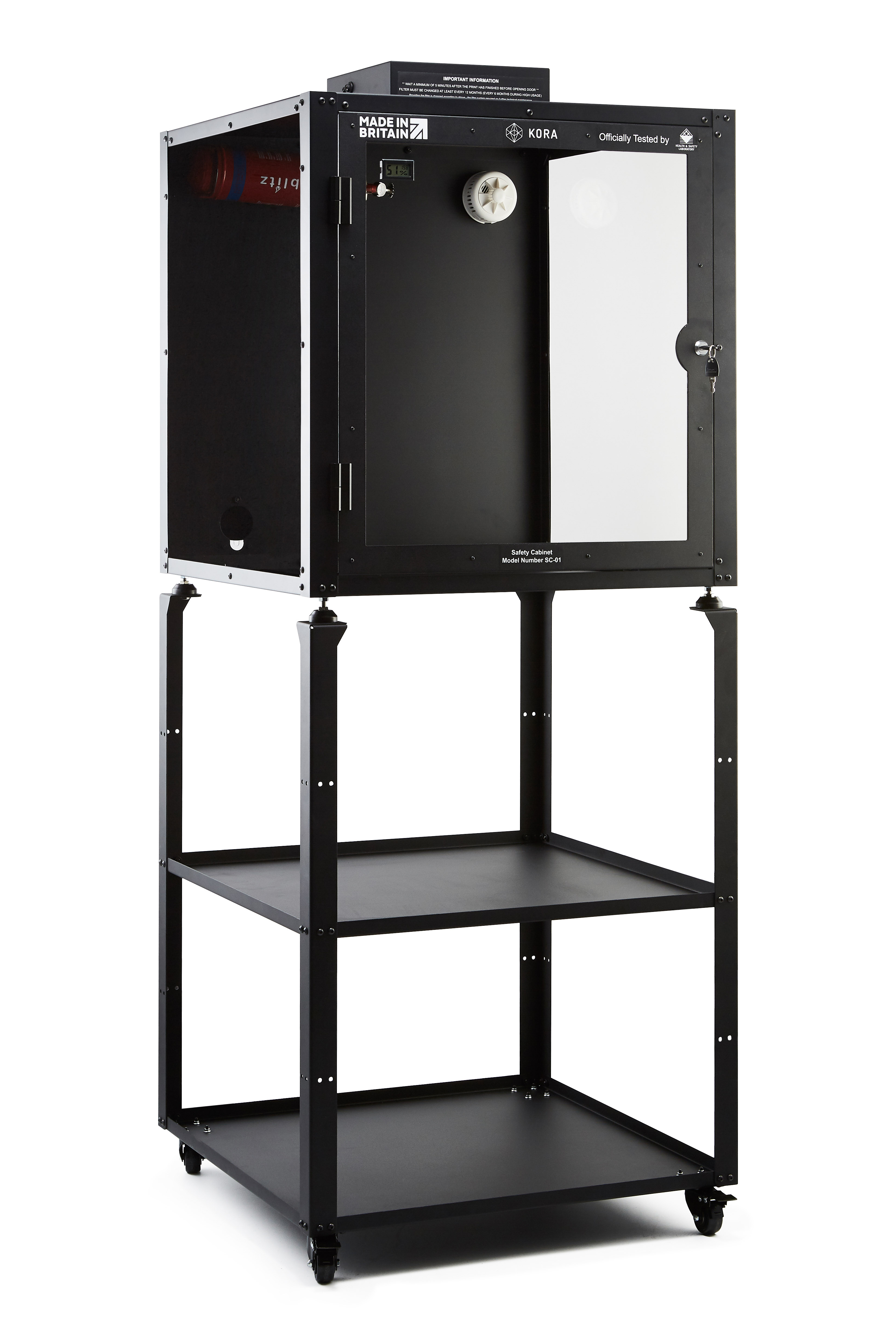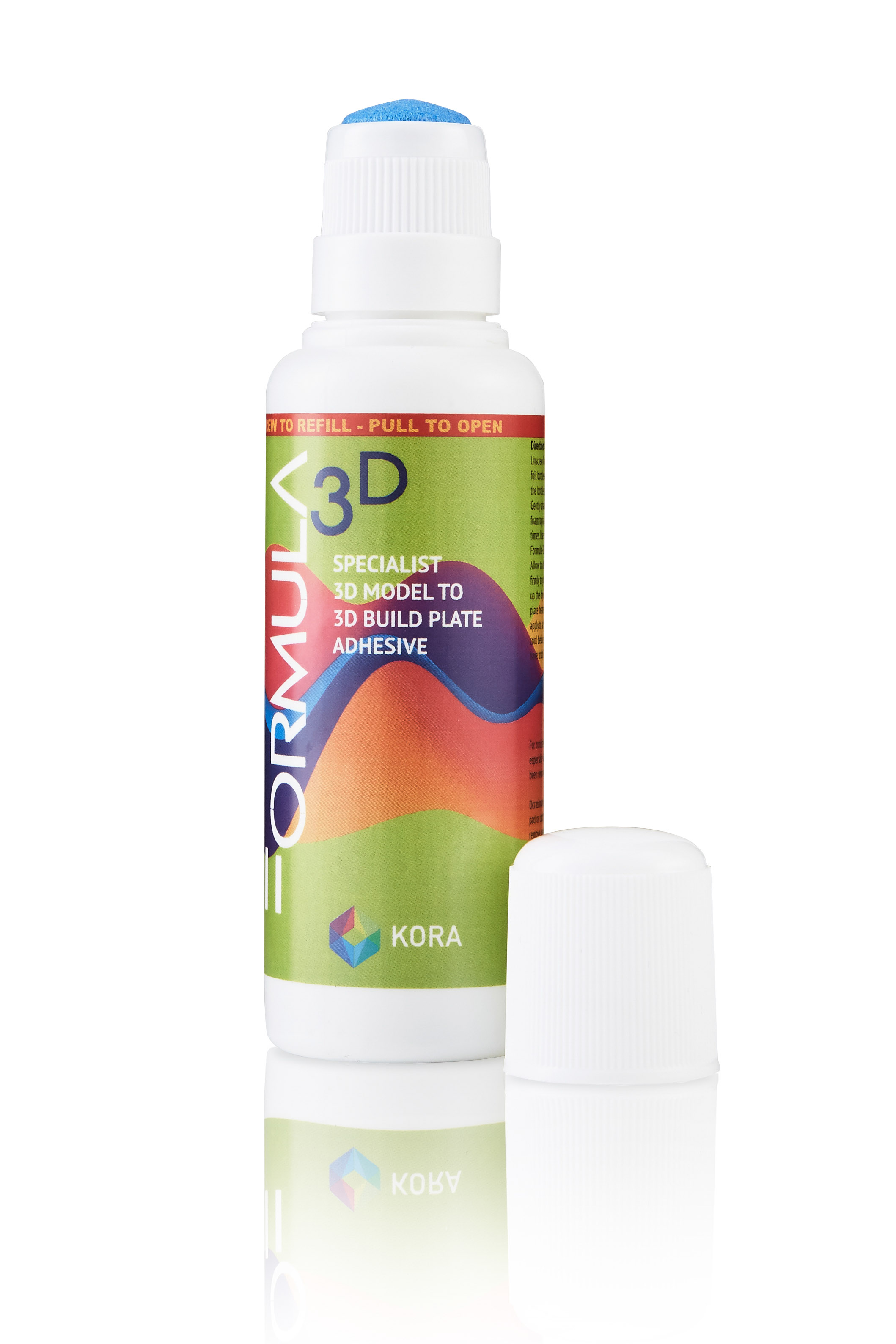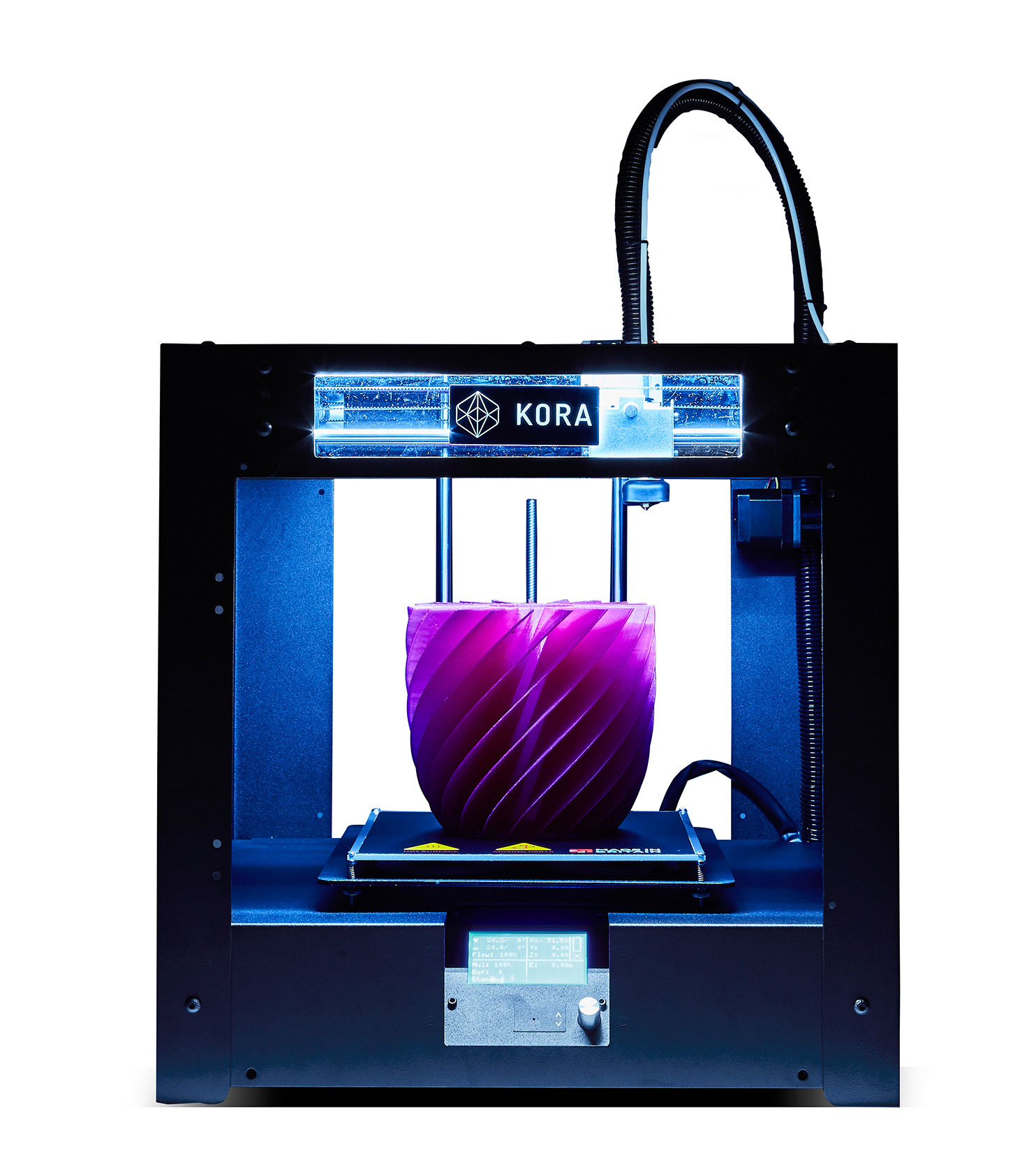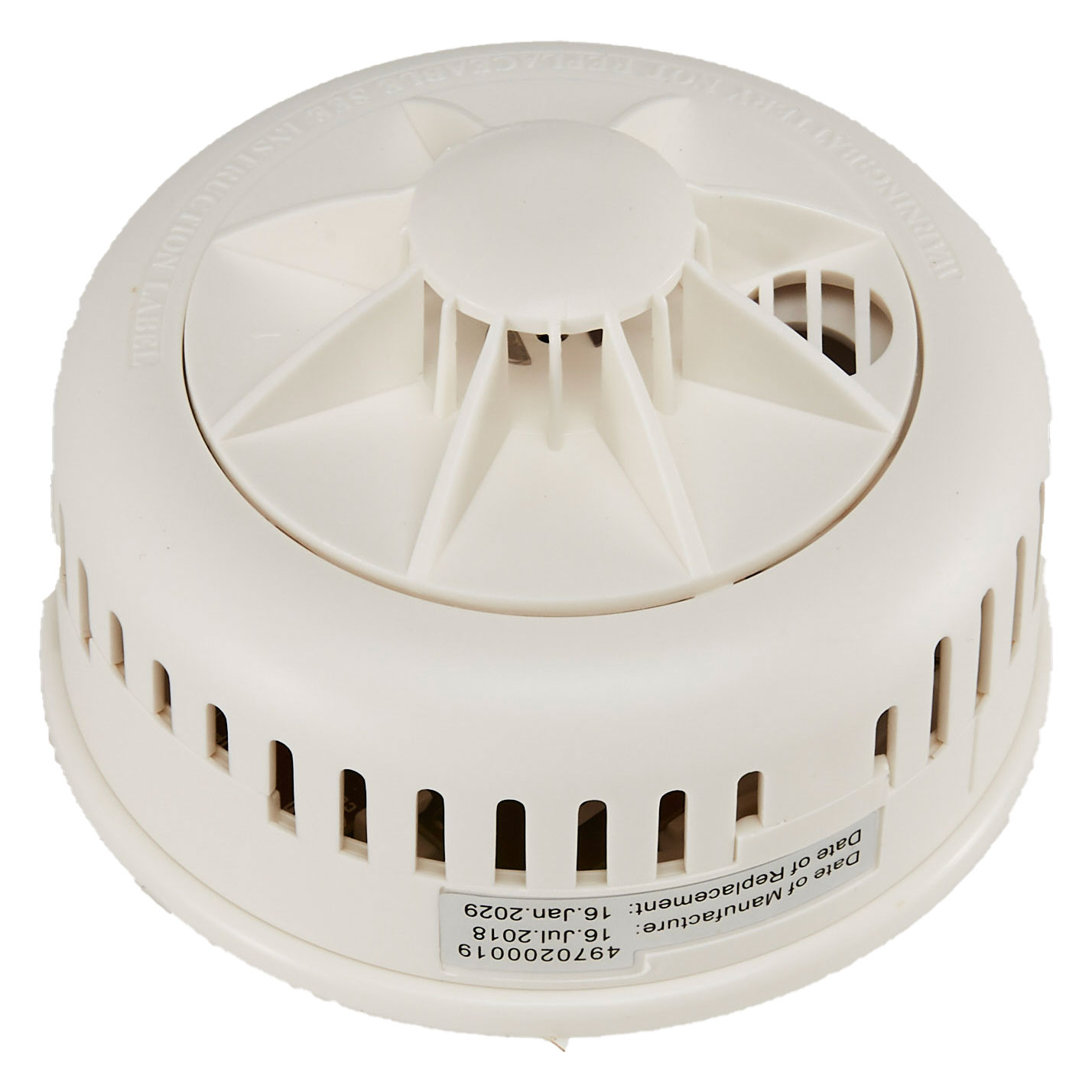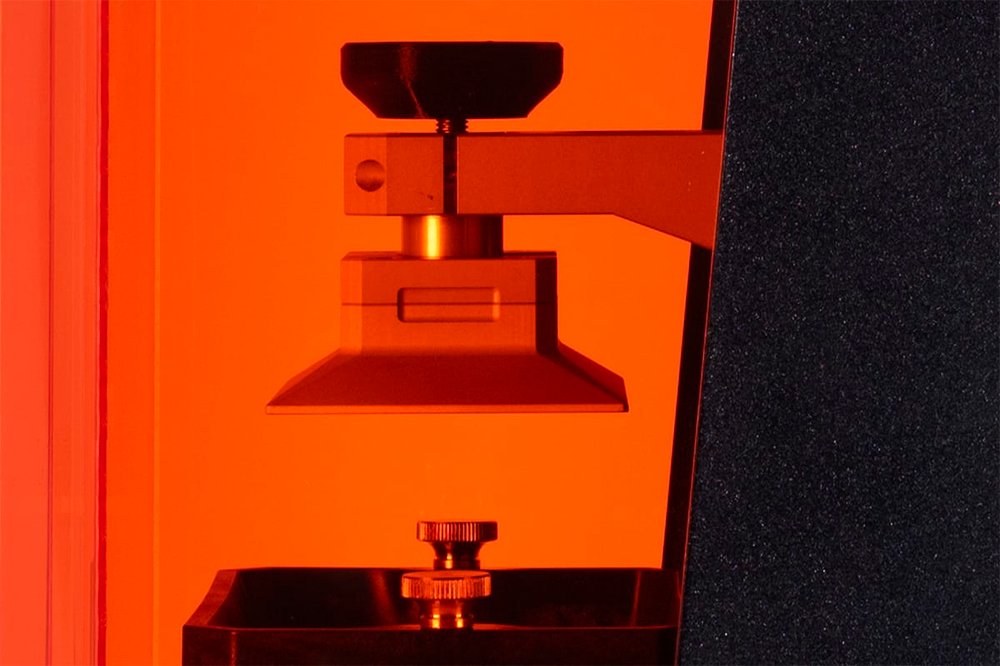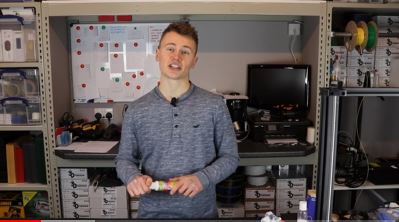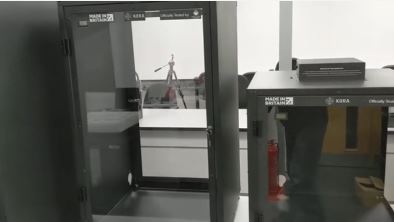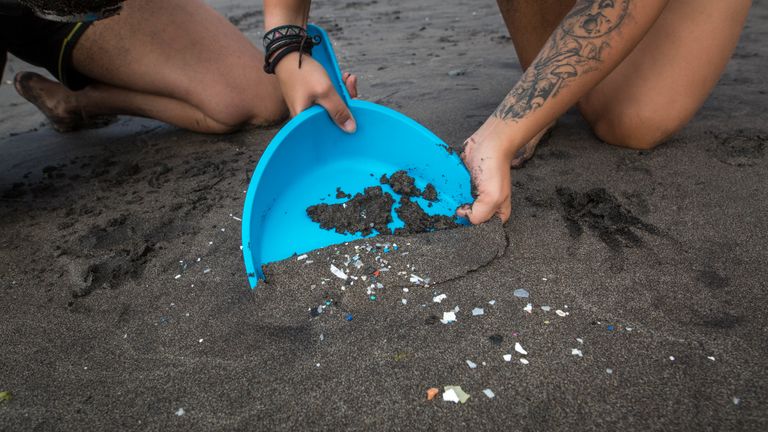Humans could be consuming at least 39,000 microplastic particles a year, according to new research.
The Canadian report, which compiled data from a series of studies, estimated that humans each consume between 39,000 and 52,000 particles a year.
That increases when inhaling microplastics from the air around us are included, with up to 121,000 particles consumed.
People who drink mostly bottled water can expect their intake to rise by a further 90,000, compared with an increase of 4,000 for those who only drink tap water.
The study - released in the journal of Environmental Science and Technology - said those numbers were "likely underestimates" due to restrictions on the variation of data analysed.
Studies on the effects of microplastics are still in the very early stages.
Alistair Boxhall, a professor of environmental science at the University of York, said there are "major knowledge gaps" and "limited evidence to suggest microplastics are causing significant adverse impacts".
He added: "Microplastics have been found in tap water, bottled water, fish and mussel tissue and even in beer.
"We will also be exposed to particles from house dust, food packaging materials and the use of plastic bottles.
"It's therefore inevitable that at least some of these things will get into our lungs and digestive systems."
But scientists argue that this lack of evidence is not enough to ignore microplastic pollution, as accumulation of particles in the environment can be irreversible.
Research earlier this year from the EU said "business-as-usual would lead to effect concentration thresholds being exceeded in the near future", which could in turn mean "widespread risk" within the next century.
Mr Boxhall also called for further research to "plug the gaps" in knowledge about microplastics.
"There is an urgent need for better quality and more holistic monitoring studies alongside more environmentally realistic effects studies on the particle sizes and material types that are actually in the environment," he said.

